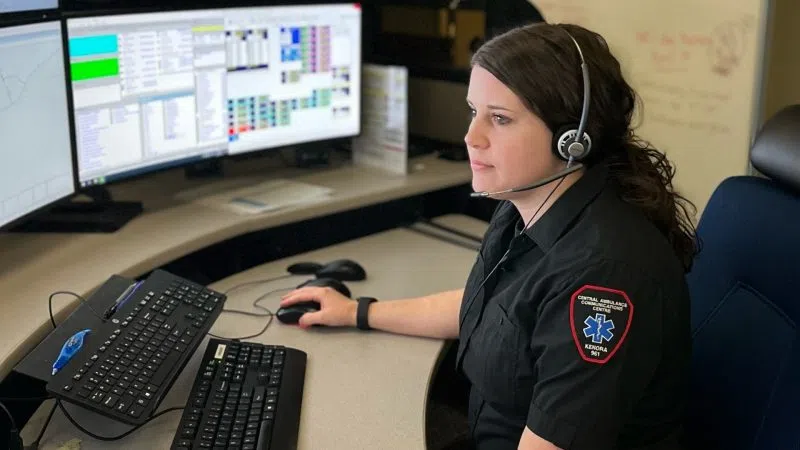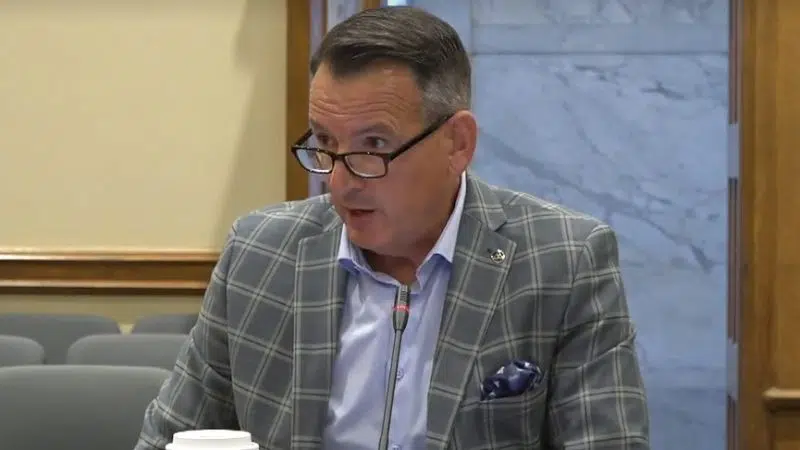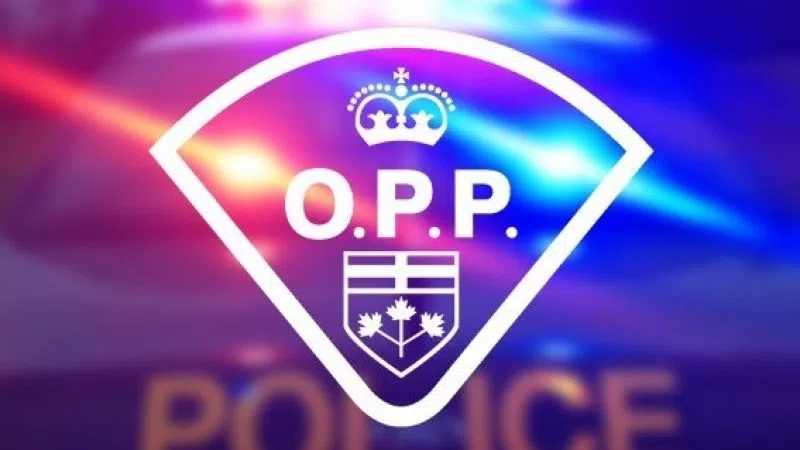Public safety telecommunicators recognized
The people who answer our 9-1-1 calls are in the spotlight. National Public Safety Telecommunicators Week was celebrated last week and helped to shed ...
8h ago
Legendary hockey voice Bob Cole dies at age 90
One of hockey's most legendary voices is gone. Bob Cole was the soundtrack to Saturday night's on CBC's Hockey Night in Canada for five decades. Cole ...
13h ago
Eabametoong First Nation receiving over $500k in provincial support
The Eabametoong First Nation has received a total of $540,000 to support the community after a fire destroyed the John C. Yesno Education Centre, leav...
14h ago
Murder charge laid in Seine River incident
One person has been charged with second-degree murder in connection with an incident in Seine River First Nation. It happened on April 18th. Treaty Th...
16h ago
What's Happening on CKDR
"Check Out" Ontario Park Day Passes
Dryden Public Library, Ear Falls Public Library, Sioux Lookout Public Library, and Red Lake Public library are all listed as participants! Give your l...
Apr 16, 2024
Red Apple Is Back In Sioux Lookout!
Lots of excitement in Sioux Lookout this past weekend! In fact it began on Friday when Red Apple's Grand Reopening in Sioux Lookout at 81 Front Stree...
Apr 15, 2024
Get Ready To Laugh!
Need a few laughs? 'Campfire Comedy' can help! 'Campfire Comedy' presents 'The Mark Menei Comedy Tour' with shows coming to several communities aroun...
Apr 10, 2024
Solar Eclipse 2024 in Sunset Country - Listener Images And Video!!
Despite overcast conditions yesterday afternoon in Northwestern Ontario not all was not lost went it came to seeing the Solar Eclipse! Thanks to a few...
Apr 09, 2024














